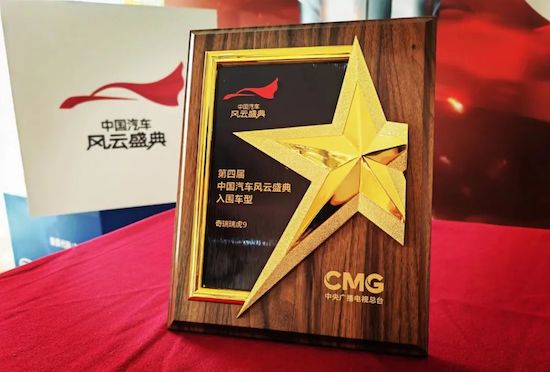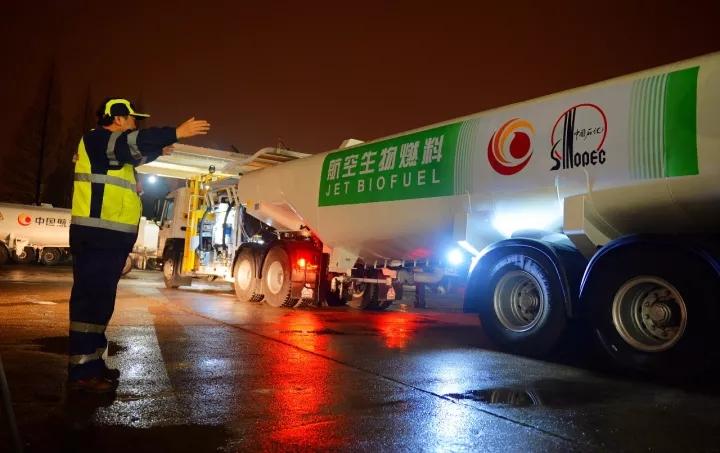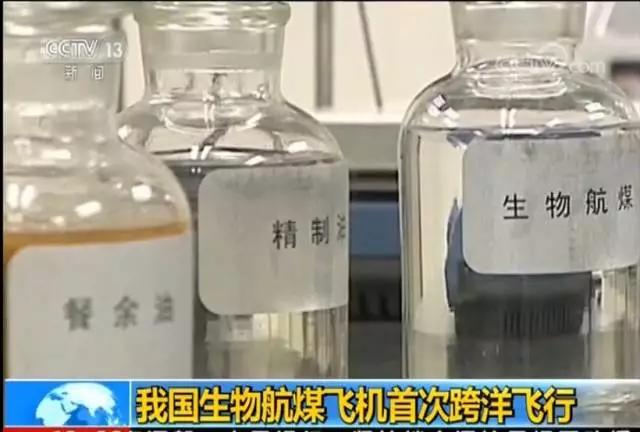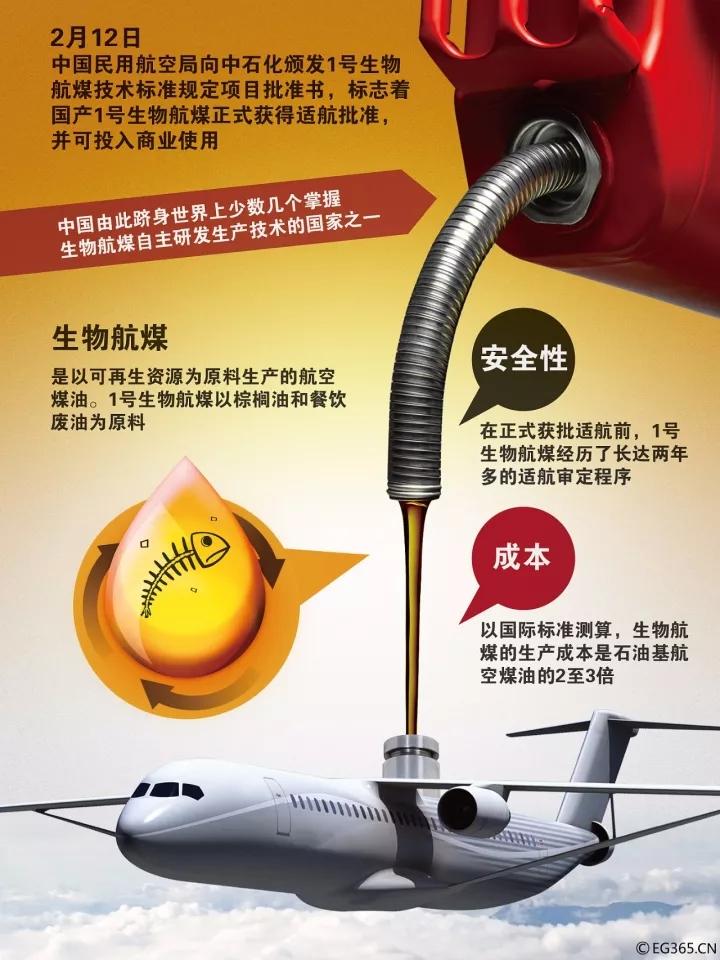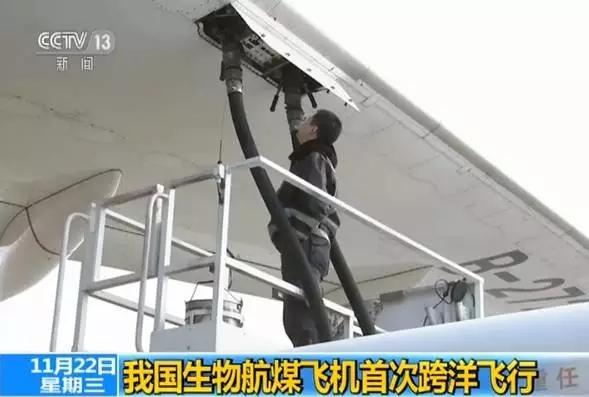Alleviate the difficulty of docking production and marketing, and promote agricultural products to leave the village
Internet plus adds new vitality to agriculture.
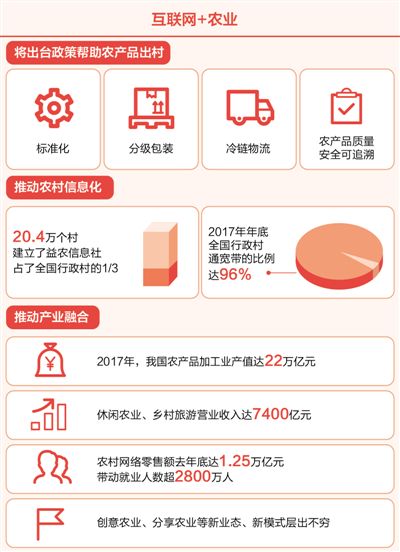
On July 2nd, the State Council held a routine briefing on the State Council’s policies, introducing the related situation of further promoting "Internet+agriculture" to promote the integration and development of rural primary, secondary and tertiary industries. Qu Dongyu, Vice Minister of Agriculture and Rural Affairs, Keke, Director of Market and Economic Information Department of Agriculture and Rural Affairs, and Zong Jinyao, Director of Agricultural Products Processing Bureau attended the meeting and answered questions from reporters.
Qu Dongyu introduced that in the next step, the Ministry of Agriculture and Rural Affairs will promote the project of "internet plus" agricultural products leaving the village, carry out the project of "information entering the village and entering the household" in depth, organize the national training of farmers’ mobile phone application skills, continue to run the "double innovation and double innovation" Expo, promote the in-depth development of mass entrepreneurship and innovation in rural areas, expand the scale, scope and content of regional experiments of agricultural Internet of Things, build big data of the whole industrial chain of important agricultural products, do a good job in monitoring and early warning of agricultural information, and promote the integrated development of rural primary, secondary and tertiary industries
Grasp the standardization of agricultural products and guide production and sales with big data.
"The top priority of’ Internet+Agriculture’ is to promote agricultural products out of the village." Qu Dongyu said that the Ministry of Agriculture and Rural Affairs will help farmers to sell high-quality, qualified and distinctive agricultural products to cities. This requires us to work with relevant departments to formulate policies, including traceability and standardization of the quality and safety of agricultural products, grading packaging and cold chain logistics, to ensure that agricultural products leave the village and can be sold at a good price.
"China is a big country with small farmers. How to connect with the big market, the Internet provides a rare historical opportunity and means." Qu Dongyu said that the Ministry of Agriculture and Rural Affairs will cooperate with the village-leaving project to help agricultural products from poor areas and other distinctive areas connect with hundreds of millions of small farmers in the big market, and work with relevant departments to issue guidance on agricultural products leaving the village as soon as possible.
The difficulty of unsalable agricultural products has been puzzling the development of agriculture and the increase of farmers’ income in recent years. "Standardization and grading pretreatment of agricultural products are prerequisites for realizing transactions." Qu Dongyu said that in recent years, the Ministry of Agriculture and Rural Affairs has been focusing on the construction of wholesale markets for agricultural products and improving the standard level of wholesale markets. At the same time, the construction of regional brand, enterprise brand and product brand of agricultural products has also been carried out.
"Agricultural and rural big data is massive. We should provide authoritative government information services and useful business information services through data collection, collation, development and utilization." Qu Dongyu introduced that the Ministry of Agriculture and Rural Affairs has organized 21 provinces and cities to carry out big data experiments on eight major agricultural products, improve the monitoring and early warning system, publish the wholesale price index of agricultural products every day, publish the market supply and demand report of 19 agricultural products and the supply and demand balance table of five products every month, and gradually realize the use of data management services to guide production and sales.
Establish a beneficial agricultural information society to open up the digital gap between urban and rural areas
"One embodiment of the urban-rural gap and dual structure is the digital divide between urban and rural areas." Keke pointed out that in view of this difficulty and pain point, the Ministry of Agriculture and Rural Affairs, on the basis of summing up the experience of "12316 agriculture, countryside and farmers information service hotline", implemented the project of information entering villages and households. At present, the whole province has been promoted in 18 provinces. There are 204,000 villages in China that have set up information clubs for farmers, accounting for 1/3 of the administrative villages in the country, which mainly provide public welfare services, convenience services, e-commerce and training experience.
Through the system of province as the core, city and county as the link and village as the node, the information service network covering the people, new agricultural business entities and agricultural socialized service organizations has been established, which can effectively improve rural governance.
In the next step, the Ministry of Agriculture and Rural Affairs will speed up the construction of the information society for benefiting farmers and ensure that more than 80% of the administrative villages in the country will be covered by 2020. Strengthen the training of selecting and appointing village-level information officers, give priority to selecting and appointing information officers from those who return to the countryside and rural youth who are interested in information services, and carry out training and enhance their abilities. Improve the construction and operation mechanism, mobilize the participation enthusiasm of enterprises and other social forces, and achieve sustainable development. Strengthen departmental cooperation, gather information resources related to agriculture, build a public service platform, and improve the service function and level of Yi Nong Information Society.
Grasp industrial integration and upgrade agricultural and rural economy
"In the past, agriculture was focused on agriculture, and farming was carried out on the farming industry, without linking processing, circulation and sales." Zong Jinyao believes that "internet plus" can use market demand and consumption information to guide production, processing and circulation, enhance the interconnection of primary, secondary and tertiary industries, and at the same time introduce the concept and technology of "internet plus" into agriculture, promote the deep integration of agriculture and other industries, and build an upgraded version of agricultural and rural economy.
Qu Dongyu said that in recent years, the Ministry of Agriculture and Rural Affairs has organized nine provinces to carry out regional trials of agricultural Internet of Things, and issued 426 technologies and application models of agricultural Internet of Things products to save costs and increase efficiency. In the cotton field planting of Xinjiang Production and Construction Corps, the Internet of Things technology is integrated and applied, and the comprehensive application benefits increase 210 yuan per mu. At the same time, agricultural and rural e-commerce has developed rapidly, and new formats have flourished. By the end of 2017, the comprehensive demonstration of e-commerce in rural areas had supported 756 counties, the retail sales of rural networks reached 1.25 trillion yuan at the end of last year, and the e-commerce of agricultural products was moving towards the 300 billion yuan mark, driving the number of employed people to exceed 28 million.
Since 2015, the Ministry of Agriculture and Rural Affairs has organized and implemented the subsidy policy for the integration development of the first, second and third industries. So far, it has arranged a total of 12.1 billion yuan to support the integration development projects. In 2017, the output value of China’s agricultural product processing industry reached 22 trillion yuan, and the business income of leisure agriculture and rural tourism reached 740 billion yuan. Various new formats and models such as creative agriculture, sharing agriculture and e-commerce emerged one after another.
In the next step, the Ministry of Agriculture and Rural Affairs should continue to implement the promotion action of rural industrial integration development: implement policies to guide integration, promote the implementation of support policies such as finance, finance, taxation, scientific and technological talents, land use and electricity consumption, support a number of counties, towns and villages, develop rural integration development pilot areas and demonstration parks, and cultivate integrated development enterprises; Develop industrial support and integration, encourage the development of breeding, processing and circulation, leisure tourism, e-commerce, healthy old-age care, health preservation and other industries, and build a rural industrial system; Improve the mechanism to drive integration, guide enterprises and farmers to improve the interest linkage mechanism through order agriculture and share dividends, and provide strong support for rural revitalization. (Reporter Chang Qin)
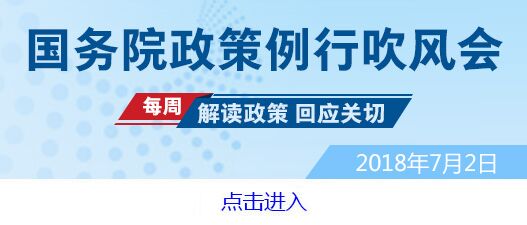


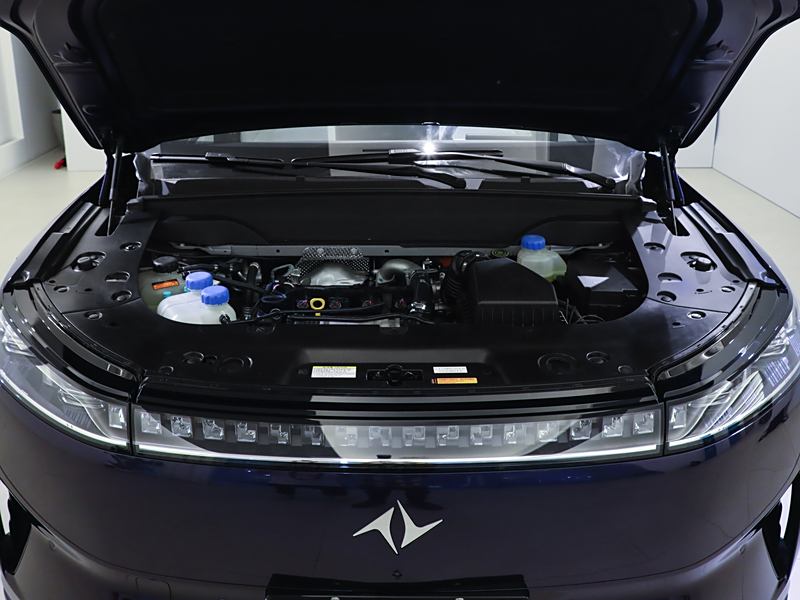
 ?
? ?
?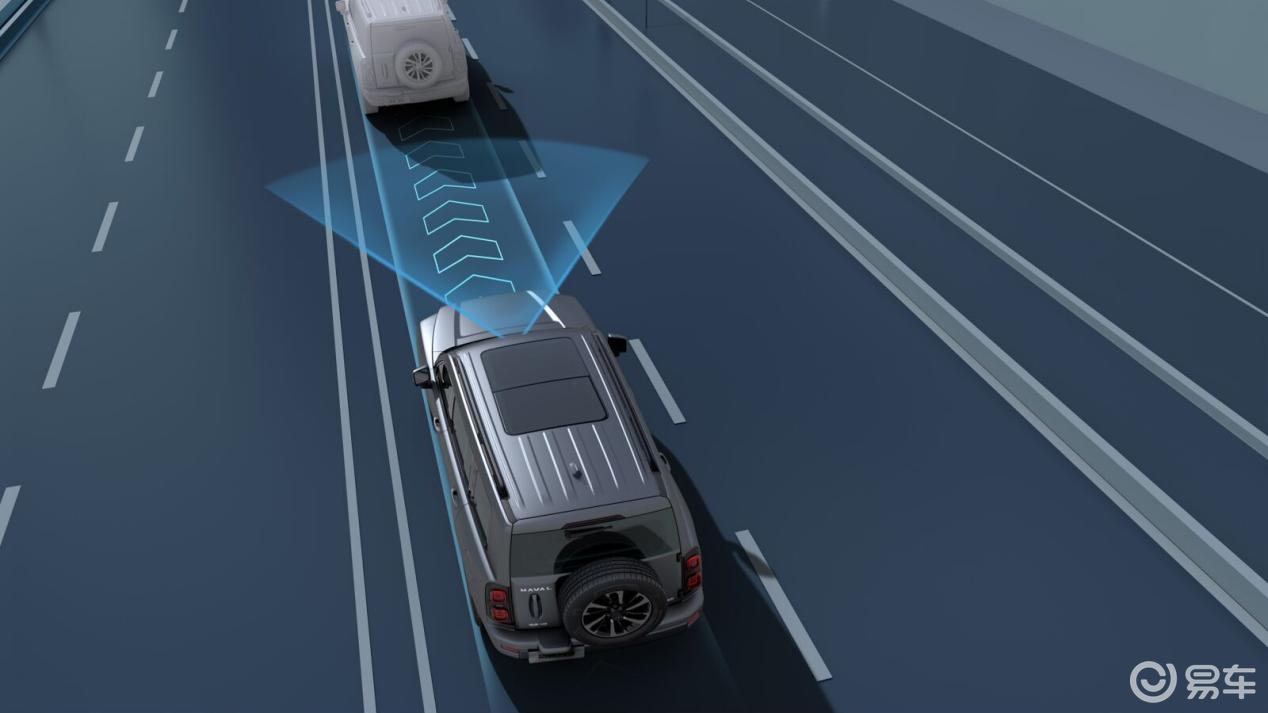 ?
?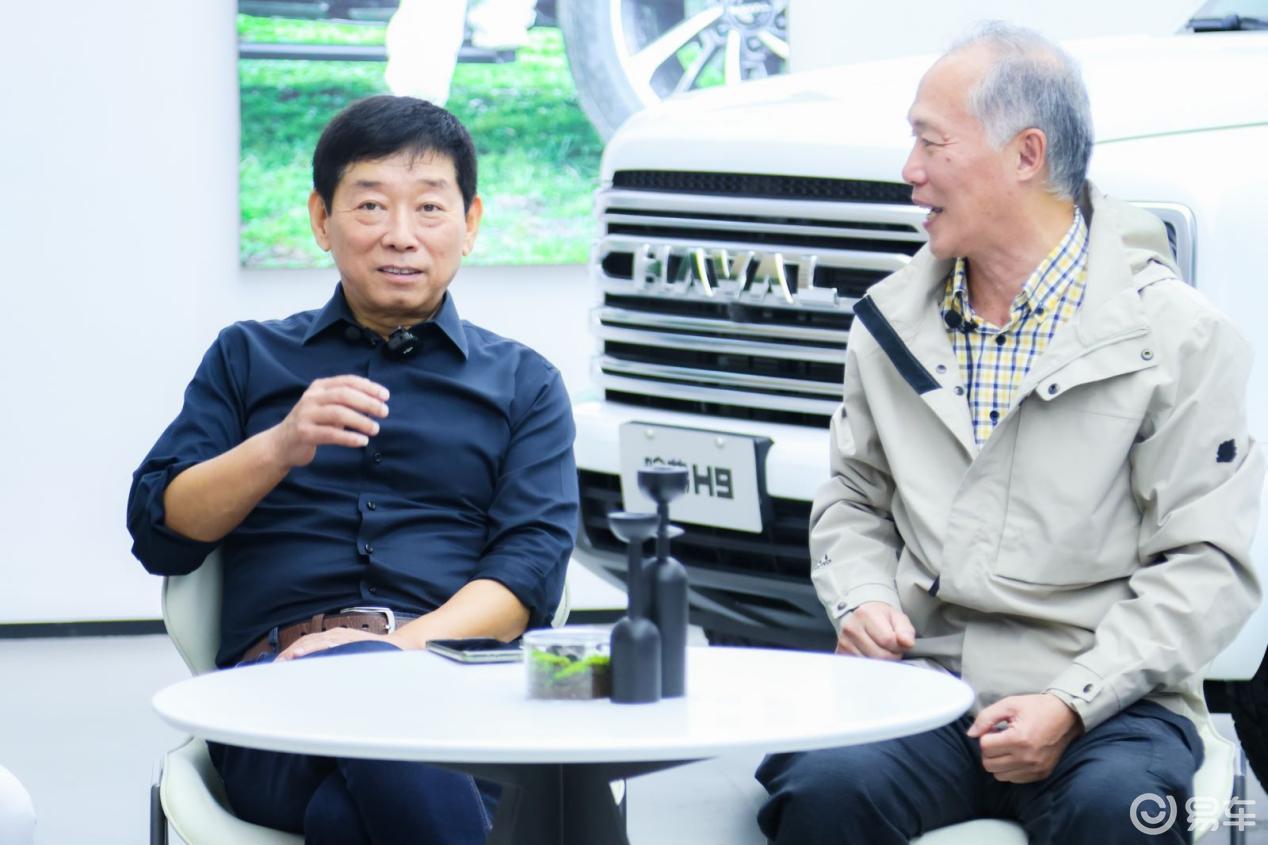 ?
? ?
?